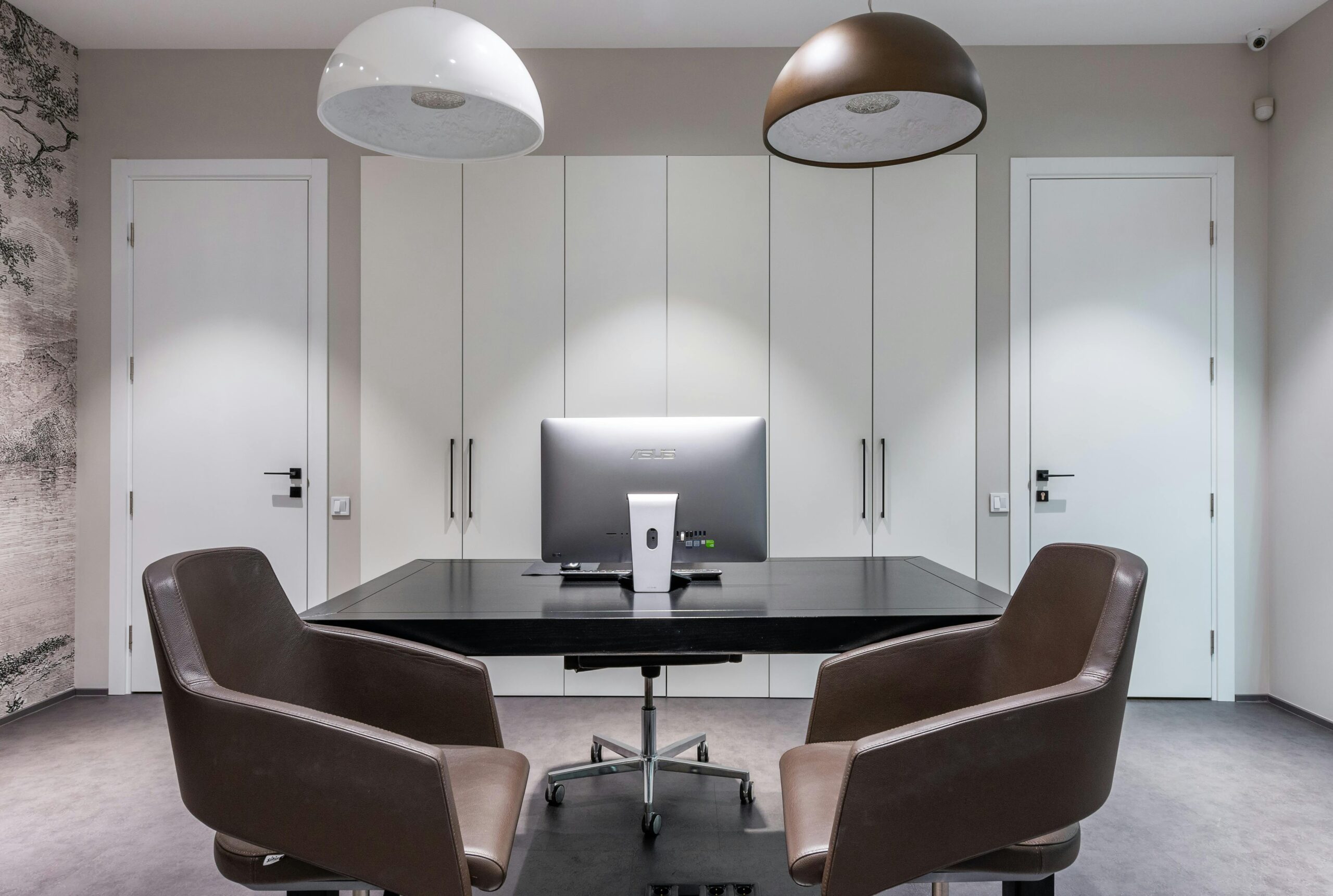
In a high-profile move that underscores renewed investor confidence in Dallas’ Uptown submarket, Crescent Real Estate has acquired the Texas Capital Center, a 21-story office tower at 2000 McKinney Avenue, in what market watchers are calling the largest office real estate deal in Dallas this year. The deal, reported to have closed for more than $291 million, brings another marquee asset into Crescent’s growing local portfolio and signals a vote of confidence in Uptown’s tenant base and long-term fundamentals.
The building is a well-positioned, Class A property directly adjacent to Klyde Warren Park and clustered among some of Uptown’s most visible office and hospitality addresses. Built in the 2000s and long anchored by Texas Capital Bank, the tower totals roughly 450,000 to 475,000 square feet across 20–21 stories, giving Crescent a sizable, stabilized office asset with strong street-level visibility. The bank has maintained an extended lease at the property, a factor that underpinned buyer interest and the pricing achieved.
Why This Purchase Matters
For Crescent, the acquisition accomplishes several strategic goals at once:
-
It adds scale in a top-tier submarket.
-
It secures a cash-flowing office asset with a high-quality anchor tenant.
-
It provides a platform to pursue targeted capital improvements and leasing initiatives.
Uptown’s mix of walkable retail, transit connections, and nearby corporate headquarters has helped insulate it from broader office weakness, and buyers have been willing to pay premiums for assets that combine location with amenity depth.
Market Context: Why Investors Are Returning
The Dallas-Fort Worth region has seen a string of notable office transactions this year, but the Texas Capital Center sale stands out for its size and the quality of its tenant lineup. Despite cyclical headwinds for office real estate nationally, pockets like Uptown are benefiting from demand from financial firms, law firms, and corporate operations that prize commuter access and urban amenities.
Industry brokers emphasize that well-located, well-leased buildings in Uptown remain among the most sought-after product types in Dallas today.
The Price Tag and What It Implies
Reports peg the purchase price at just north of $291 million, a figure that represents a substantial cap-rate premium for a market that has seen both distress sales and competitive bidding depending on asset quality. Sellers such as Union Investment, a Europe-based institutional owner that previously repositioned the tower, have shown a willingness to monetize gains, while buyers like Crescent are capitalizing on stabilized cash flow paired with upside from targeted leasing and amenity programs.
What Crescent Might Do Next
Based on Crescent’s recent activity in Dallas, the firm is likely to invest in property-level enhancements and an aggressive leasing push. Typical strategies in Uptown involve:
-
Lobby and common area renovations.
-
Upgraded tenant amenities such as fitness centers, conference facilities, and coworking lounges.
-
Technology-forward building systems that support hybrid work environments.
Crescent’s track record in the area, including multifamily and mixed-use projects, gives it a strong operational advantage when planning repositioning initiatives that resonate with corporate tenants and urban professionals.
A Win for the Neighborhood, and a Test for the Market
For Uptown, the purchase is a positive sign: it confirms that capital is available for well-located, well-leased buildings, and that institutional owners see long-term demand for office space in amenity-rich neighborhoods.
At the same time, the transaction will be watched closely as a test. Can buyers continue to extract upside through active management, even as some employers shrink their office footprints and hybrid work persists? The answer will influence pricing and investor appetite across Dallas through the remainder of the year.
Voices From the Deal
While Crescent and Union Investment have not publicly shared detailed comments, brokers involved in the marketing campaign highlighted the building’s strong leasing story and the strategic importance of Uptown. Union Investment previously emphasized the asset’s repositioning success and long-term lease commitments as selling points. Crescent, meanwhile, has been consistently active in Uptown, making this acquisition a natural extension of its broader strategy.
What Tenants and Competitors Should Watch
Tenants can expect Crescent to prioritize upgrades and services that enhance the workplace experience, both to retain anchors like Texas Capital Bank and to attract emerging tenant types such as tech firms and professional services.
Competing property owners will likely respond with their own amenity investments and competitive leasing strategies, particularly in nearby buildings where vacancy levels are higher. For brokers and capital markets players, the deal provides fresh pricing data and a benchmark for what institutional buyers are willing to pay for high-quality Uptown product.

Bottom Line
Crescent Real Estate’s acquisition of the Texas Capital Center is more than a single transaction; it’s a statement about where investor conviction in Dallas currently lies. By acquiring a well-anchored tower in Uptown, and doing so in what is being billed as the city’s largest office deal of the year, Crescent has positioned itself to benefit from both steady income and neighborhood-level upside.
The coming months will reveal whether active management and Uptown’s demand dynamics can continue to deliver strong returns for investors willing to place big bets on the best parts of Dallas.





